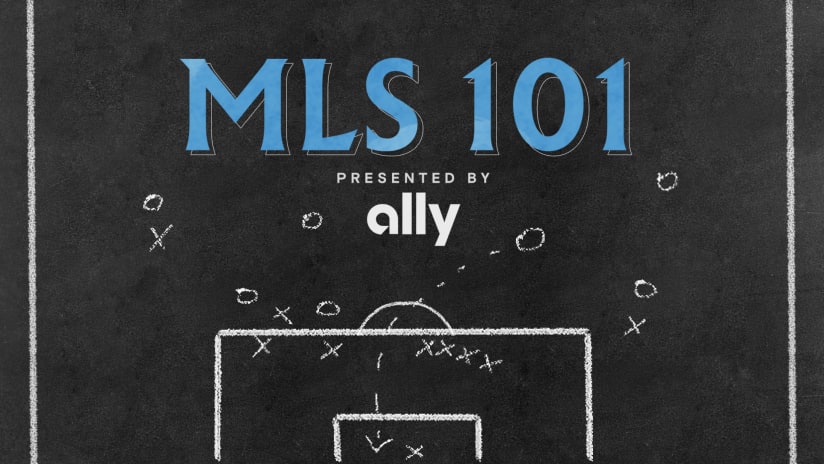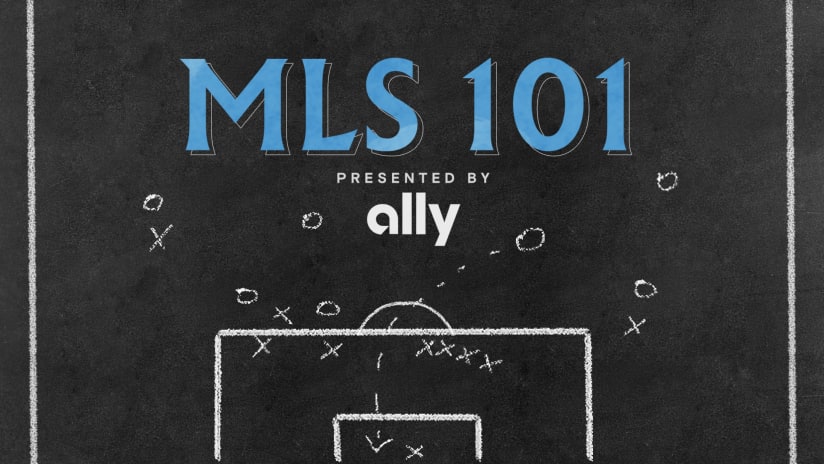MLS 101: Discovery Lists and Discovery Players
Several of Charlotte FC’s signings have been subject to the Discovery Process. The latest edition of MLS 101 focuses on this unique—and potentially advantageous—part of the recruitment process
What is a Discovery Player?
Clubs may sign or scout players who are not yet under contract with MLS, and who are not subject to another assignment mechanism, such as the MLS SuperDraft, or the Allocation Process.
These players are known as Discovery Players.
What is a Discovery List?
To obtain the rights to a Discovery Player, a club must first place the player on its Discovery List. This, in practice, means filing a claim to the player with the league office.
A club can have up to seven players on its Discovery List, and they can be added or removed at any time. There is no limit to the number of players a club can sign from its respective Discovery List.
Which kinds of players can be on the Discovery List?
Foreign players in foreign leagues are typically candidates for the Discovery List. Additionally, U.S. players abroad who have never played in MLS will also be Discovery Players (Charlotte FC’s Adam Armour, for example, was on the Discovery List before being signed from FC Nürnberg in Germany).
International free agents, or upcoming international free agents, can be Discovery Players too, as was the case when Christian Fuchs came to Charlotte FC.
A young talent playing collegiate soccer in the U.S., however, would be recruited to the league via the MLS SuperDraft instead.
The Allocation Process, meanwhile, would be used to recruit U.S. Men’s National Team players, select youth U.S. National Team players, and/or certain former MLS players returning to the league.
Other players who may not be added to the Discovery List include current MLS players, and players for whom another club has a Right of First Refusal.
Does Charlotte FC have a Discovery List?
Yes, it does. Every MLS team is entitled to have a Discovery List, but they are generally not made public.
“We make sure that our Discovery List contains our top seven targets at all times,” says Charlotte FC Director of Scouting Thomas Schaling. “It’s something that we need to be on top of, as having first priority with a player provides us with the opportunity to negotiate with him and his agent.”
Can Charlotte FC sign a player whose Discovery Rights belong to another team?
Yes! In October, Charlotte FC to FC Cincinnati in exchange for Jordy Alcívar’s Discovery Priority. The trade will be executed upon the MLS trade window reopening.
If a club wants to sign a player on the Discovery List of another club, it may offer that club GAM in exchange for the right to sign the player.
How important is the Discovery List for Charlotte FC?
The Discovery List is crucial in the planning and construction of the inaugural roster, and it is imperative to utilize the seven available spots effectively.
An established MLS team, with fewer spots to fill on its roster, may find it easier to keep the bulk of its targets on the Discovery List.
Why does the league have Discovery Rights?
Essentially, Discovery Rights help encourage parity in the league, by giving smaller market teams a formal opportunity to lay a claim on desirable players. It also helps to prevent rival teams bidding against each other for a player, which can in turn keep salaries from being inflated.
“We pride ourselves in having a global scouting team that is up-to-date with the developments on the player market and transfer market,” says Schaling.
“The Discovery Rights mechanism doesn’t exist anywhere else in world football, but it can be used to your advantage if you have a good process and are able to make quick and well-founded decisions about which players you want to target.












